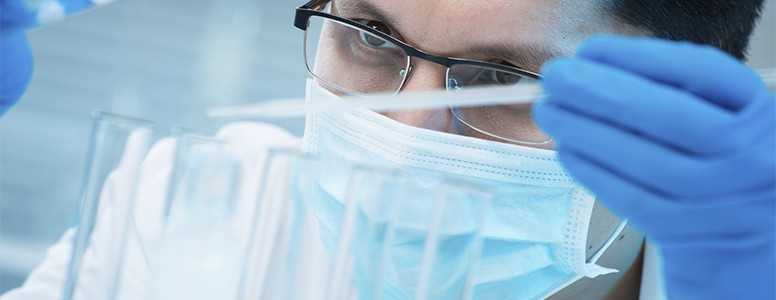Work pressures are putting almost three in five people at risk of type 2 diabetes and heart disease, according to new research.
Office workers say their workload often prevented them from leaving their desks at lunchtime, which could be putting their health at risk on a long-term basis.
The survey was compiled by the National Charity Partnership, which is a collaboration between Diabetes UK, the British Heart Foundation (BHF) and Tesco.
The results showed that 32 per cent of people said their work load prevented them from taking a break at lunch; 14 per cent reported their workplace culture did not encourage it; and 13 per cent said stress was the cause of not getting away from their desks.
Although more than nine in 10 members of staff admitted that being outside improved their mind and attitude, more than half of employees who participated in the study said they never leave their office for lunch.
Babs Evans, head of Prevention for the National Charity Partnership, said: “When you’re under pressure at work it’s easy to forego a lunch break and instead grab a quick bite at your desk, but this isn’t healthy.
“Work-related stress puts a strain on your mental wellbeing and can have a knock-on effect on your physical health. People under too much pressure at work are more likely to eat unhealthily and stop being active: behaviours which are linked to a number of health conditions, including type 2 diabetes and heart and circulatory disease.
“Even just a 10-minute break away from your desk to go for a walk and clear your head can help to make a big difference with stress relief, which in turn is good for your health.”
The National Charity Partnership is calling on people to use their lunchbreak at work to get active in order to improve their well-being.
The organisation has created an online motivational tool called the Goal Setter which aims to help users set realistic active goals.
Despite this, the poll results showed that only five per cent of employees who were asked, do something active during their lunch break.
What's new on the forum? ⭐️
Get our free newsletters
Stay up to date with the latest news, research and breakthroughs.






